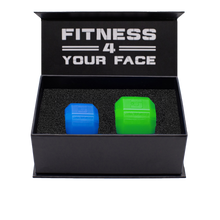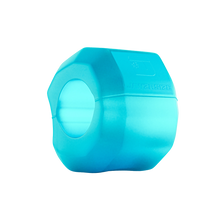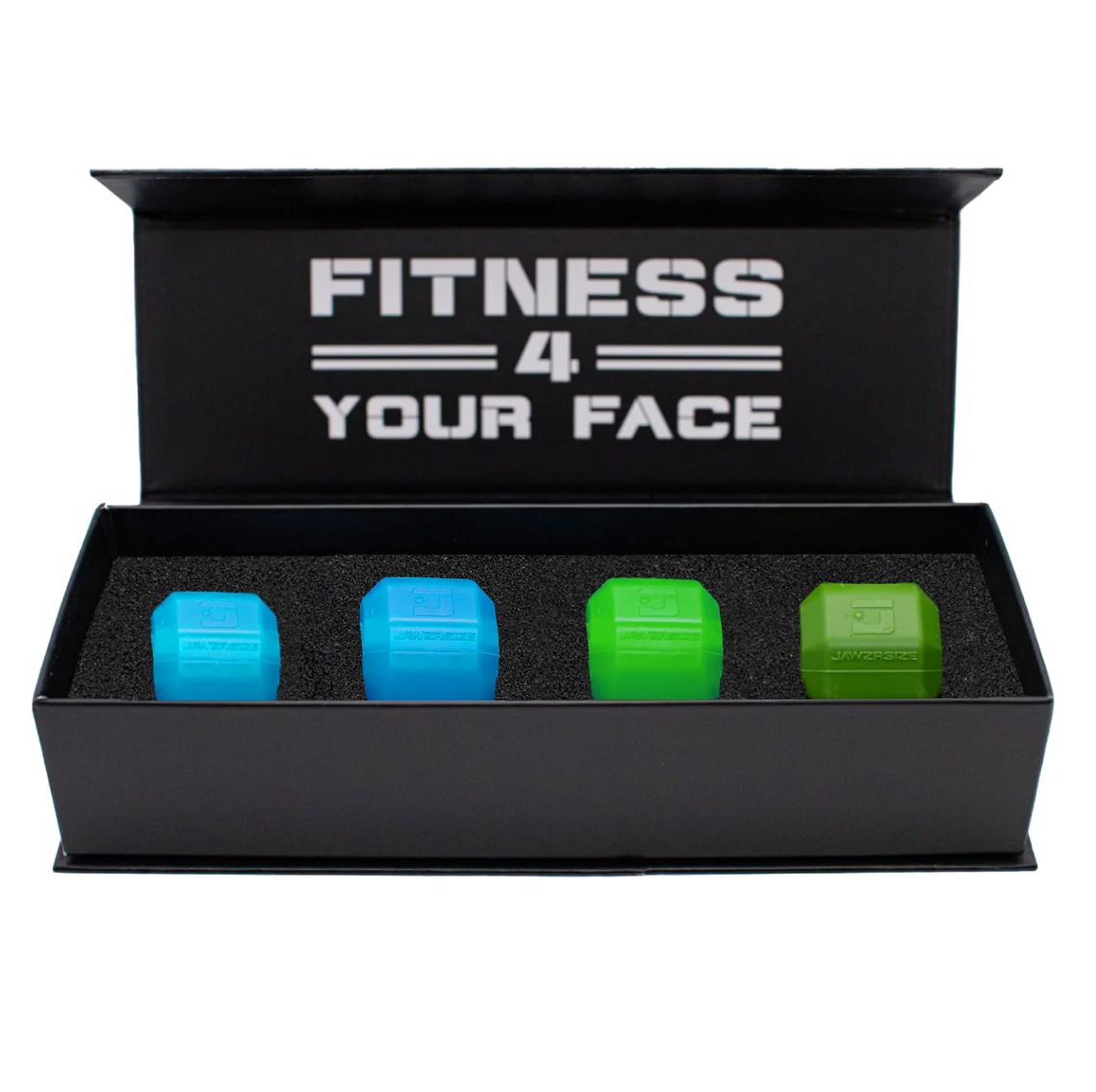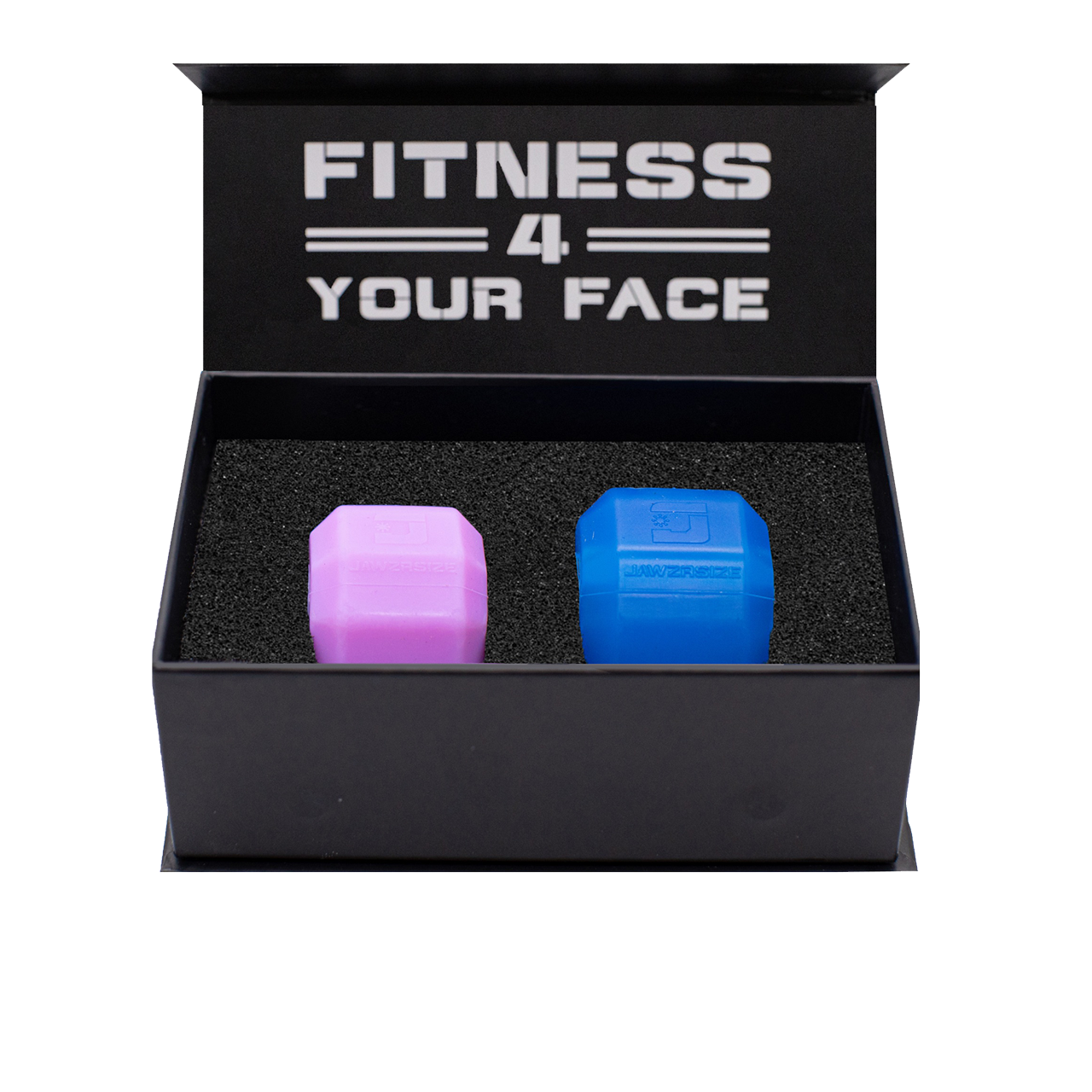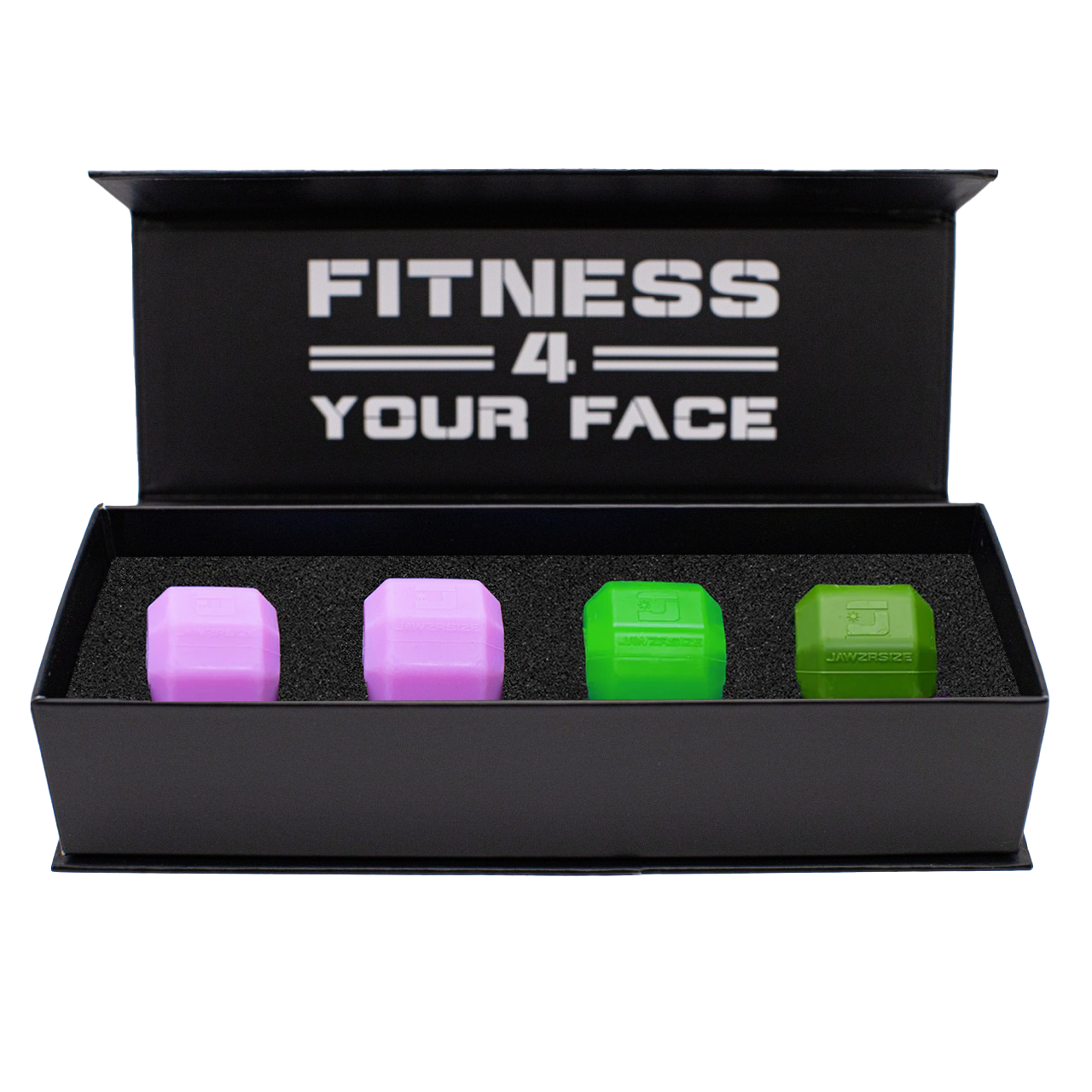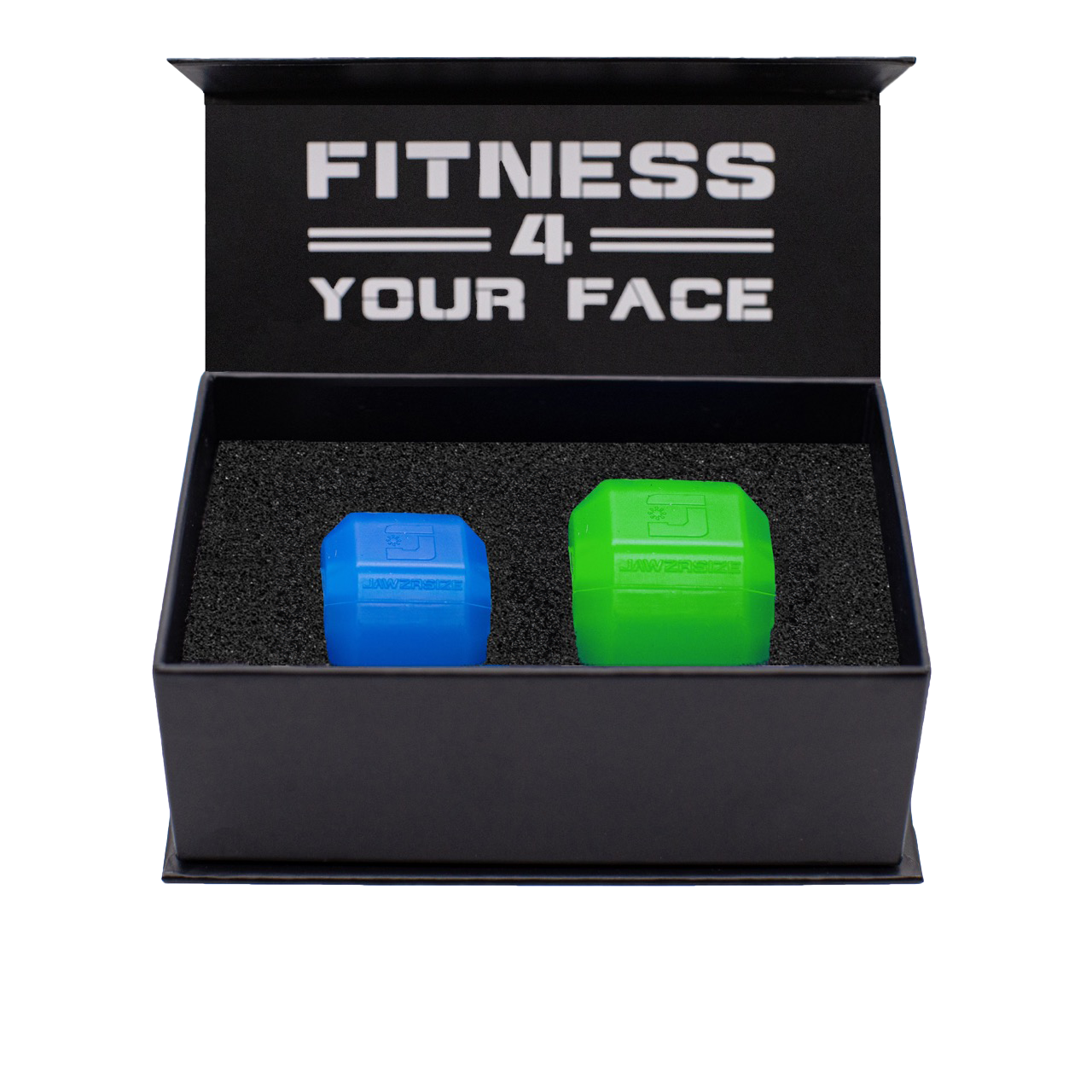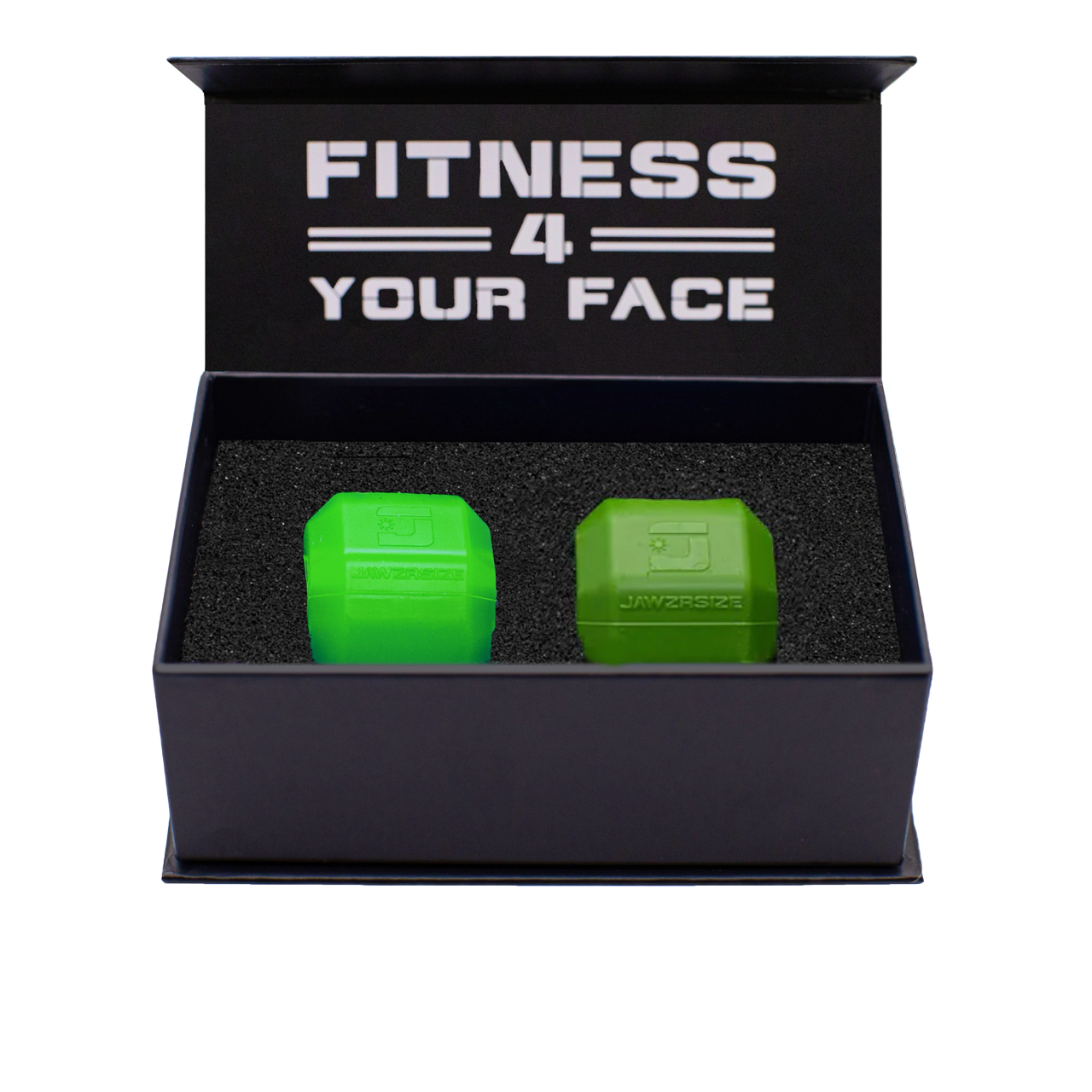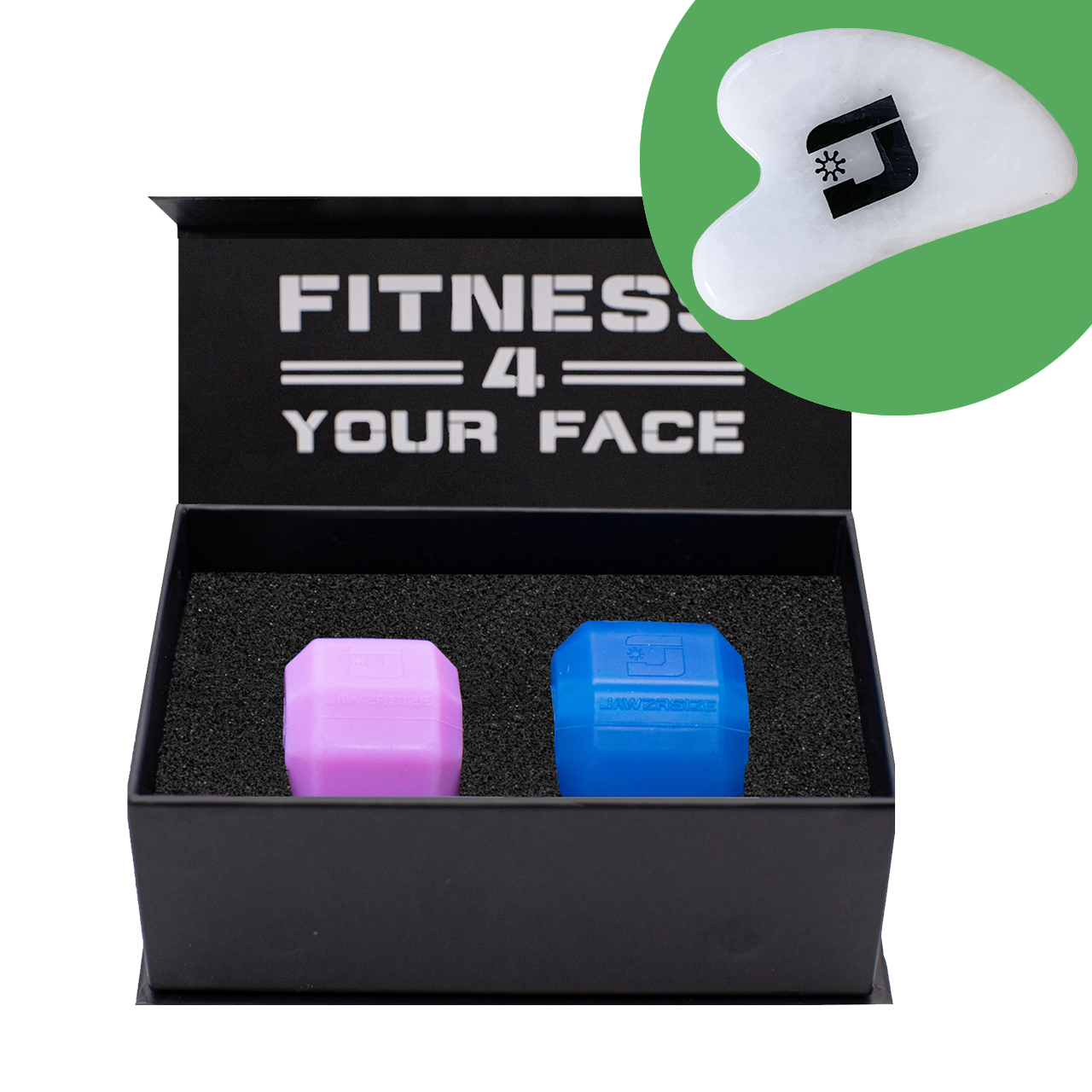

Jaw Disorder Support
Filters
6 products

Fastest results for ultimate jaw definition and strength. Most popular choice for Men.
Fast way to sculpt a graceful, toned jawline without the 4 pack commitment. Most popular choice for Women.

Fastest way to sculpt a graceful, toned jawline with ease. Most popular choice for Women.

Step into the world of Jawzrsize with ease. No bitestrips needed - just rinse and start with an all-around workout for your jaw. The best choice for most people.
Fastest results for ultimate jaw definition and strength without the 4 Pack commitment. Most popular choice for Athletic Men.
Fast way to sculpt a graceful, toned jawline without the 4 pack commitment. Most popular choice for Women.
Welcome to the Jawzrsize™ Jaw Disorder Collection, your go-to destination for natural jaw pain relief, TMJ exercises, and jaw-strengthening solu. . . Read More >

